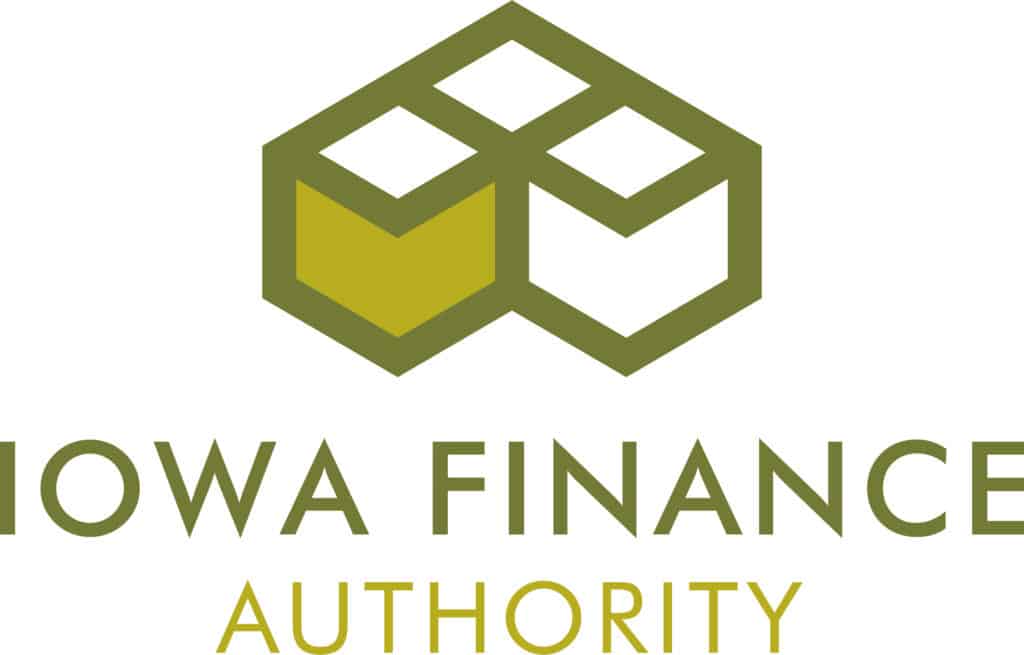Like residents of many states, Iowans have worked diligently to make up for lost ground since the 2008 recession.
Like residents of many states, Iowans have worked diligently to make up for lost ground since the 2008 recession. In times of recovery, the banking industry plays a pivotal role in growing our economy. Businesses, individuals and municipalities rely on banks to provide financial services to closely assist them in their plans to invest, and to expand and create jobs.
Today, however, a burdensome web of Washington regulations under the 2010 Dodd-Frank Wall Street Reform and Consumer Protection Act continues to tighten its grip on Iowa’s community banks and their customers, and there is a growing need for relief.
Washington regulators are still writing new rules prescribed under Dodd-Frank. In fact, at last count, more than 13,000 pages of new regulations or guidance have been issued. Their cumulative impact creates obstacles and confusion for consumers of financial services — and Iowa banks that serve them.
That is why the Iowa Bankers Association strongly supports S. 1484, the Financial Regulatory Improvement Act of 2015, and H.R. 1210, the Portfolio Lending and Mortgage Access Act. Both bills help to reform the one-size-fits-all approach to financial regulation and remove some of the obstacles to customers obtaining financial services.
Among other improvements, the bills allow banks that maintain a loan in their own portfolio to use discretion in determining customers’ ability to repay. That discretion is what has allowed Iowa banks to meet customer needs so well for over a century. Iowa has a long track record of responsible lending and borrowing. Consider the delinquency rate for mortgage loans originated by Iowa banks through Iowa Bankers Mortgage Corp. That rate has consistently remained in the low 1-2 percent range over the past 15 years — before, during and after the national mortgage crisis.
In Iowa, we are losing a community bank a month due in large part to this growing regulatory burden.
It’s a shame that after decades of our banks meeting the financial needs of their local communities, Washington has forced them to change their business model for the future. The effect of unrelenting federal rules and mandates are forcing banks to forgo opportunities to expand services to new consumers and communities. That is not good for Iowa’s small businesses, entrepreneurs and individual consumers, who rely on Iowa banks for financial products and services.
The improvements found in S. 1484 and H.R. 1210 set in place common-sense reforms that would immediately provide relief to Iowa’s banks and open up additional services and lending options for customers. It is time to work together to slow Washington’s regulatory overreach that is hurting hometown banks, Main Street businesses, home buyers, municipalities and more. We urge Congress to pass meaningful relief now.












